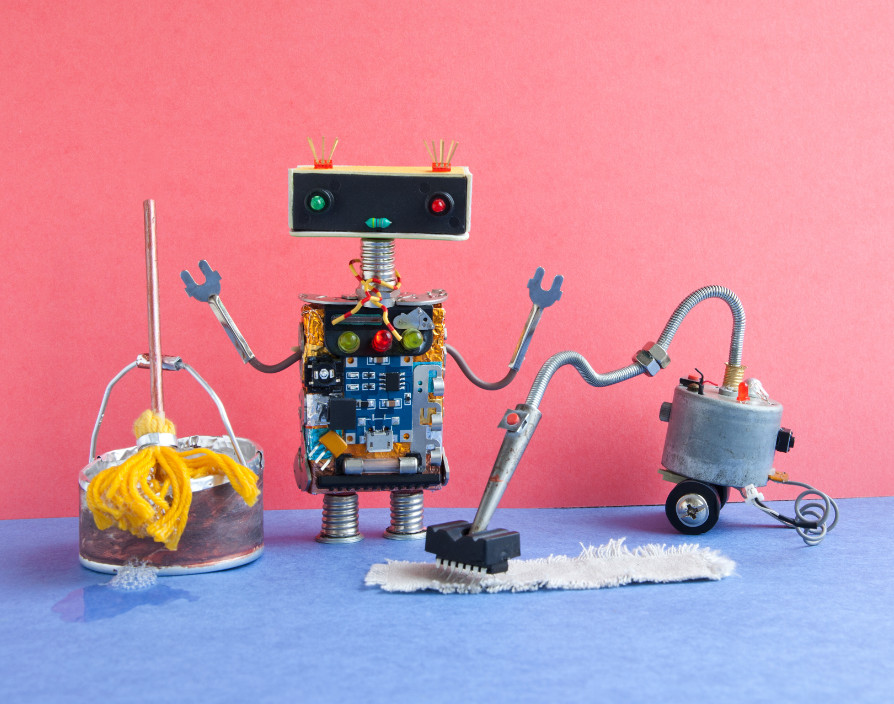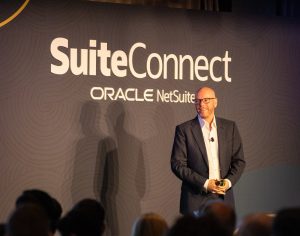The robots are coming. Now there’s a phrase that gets the blood pumping. From
The Terminator to I, Robot, it’s hardly surprising that this prospect is a daunting one. If pop culture has taught us anything it’s that robots + future = utter chaos.
Luckily, real life tends to be a little less dramatic. Humanity has gone through many major developments, and these eras have been named after the materials which defined them, such as Stone, Bronze and Iron. Since our primitive days, we’ve also been through a number of industrial revolutions. Three of them have already happened thanks to new energy resources (think coal, gas, electricity and computers). And the fourth? Well, that’s happening right now. While robots are yet to take up the metallic humanoid form we see in the Hollywood Blockbusters, Artificial Intelligence is very much here, and it’s growing bigger every day.
Today, the idea of using machines in manufacturing is pretty commonplace – yet in Victorian times, the rise of machinery sparked fears off mass-unemployment. Similarly, today, there is increasing anxiety that long-standing jobs are going to be automated out of existence. While there is a seed of truth in this, put in perspective it looks a lot less bleak. The
Swiss think tank predicts that robots will take 75 million jobs around the world by 2022 – but they’ll also create 133 million new ones. In fact,
65%
of children entering primary school today will end up working in roles which don’t yet exist.
So what does this mean for human job prospects? Well, multiple things. But what’s most promising is that with AI there to do the mechanical stuff, humans will be taking on jobs more fulfilling and creative than ever before. The thought of being creative can be off-putting to certain people; after all, a lot of the jobs at risk of automation (such as admin, construction or accountancy) are not often aligned with creativity. But supposed “non-creatives” can rest easy. While you may think you’re not creative, that’s likely all in your head. Research
shows there is no link between DNA and our ability to be creative. What’s more, there are plenty of things we can do to foster our creativity, such as taking
risks, daydreaming and associating with interesting
people.
It’s worth bearing in mind that many jobs will simply change, rather than disappearing altogether. Imagine what you could do with the extra hours you’d have if all the repetitive and mundane aspects of your job were taken away? Individuals will be empowered to drive their job roles in new directions. If we take HR as an example, it’s doubtful that many people take on a job in Human Resources because they love follow-up emails and onboarding questions. To the contrary, it’s more likely HR professionals started their job because they care about things such as building relationships, handling employee concerns and generally making the workplace a better place. Those are things that cannot be taken over by AI, and they’re also things HR employees will soon have more time to focus on.
Humans will ultimately decide what automation means for the working world. But there is clear potential for a decrease in the boring, and an increase in the work that we find most fulfilling. Plus, with a greater emphasis placed on creativity, we’ll likely see an increase in new innovative ideas. For companies, automation will greatly improve things such as customer satisfaction, time to market and overall productivity. For individuals, automation will result in more scope for personal projects and job satisfaction. As the saying goes, a person who feels appreciated will always do more than expected. So despite the fear surrounding AI, it looks like automation is likely to be a win-win for both employees and organizations.
So don’t be haunted by visions of Arnold Schwarzenegger or evil robots out to get us. Automation is here to help humanity, not blast it out of existence. The previous industrial revolutions lessened the need for manual labour, lengthy work systems and human error (after all, typewriters didn’t have spell check). Automation is the next revolution about to shake up the working world – yes it’ll be different, yes there are unknowns, but for the most part, AI will make our jobs easier, fulfilling and more creative than ever before.
Share via:


















































